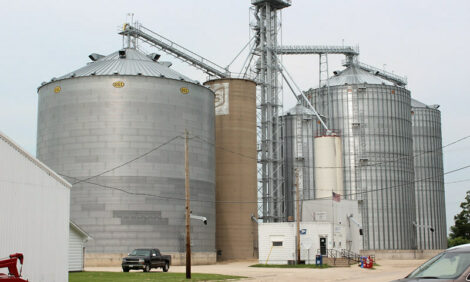



‘Clean Up, Seal Up’ And Save £2,000
FARMING UK - A 30% reduction in mastitis cases during the first 60 days of lactation, potentially worth £2,000/year per 100 cows at the average clinical incidence, has been shown for the "Clean Up, Seal Up" dry cow protocol being launched by Pfizer.The protocol is based on trial data and the company's pan-European Mastitis Reduction Programme, explains area veterinary manager Ben Gaskell MRCVS. It involves treating cows at drying off with conventional antibiotic dry cow tubes to clean up pre-existing infection, followed immediately by a non-antibiotic internal teat sealant to seal up each teat from the ingress of new infections during the dry period.
"Aside from the clinical data on which the protocol is based, the most compelling evidence of its effectiveness is that, in general, farmers don't stop once they've started it,"
veterinary manager Ben Gaskell MRCVS
"Aside from the clinical data on which the protocol is based, the most compelling evidence of its effectiveness is that, in general, farmers don't stop once they've started it," says Mr Gaskell. "Targeted choice of antibiotic dry cow treatment should be made in consultation with the farms' own vet."
When treating two of the most common pathogens present at drying off in cows carrying a mastitis infection, Staphylococcus aureus and Streptococcus uberis, trials identified superior cure rates using a cloxacillin-based treatment. The clinical trials on which the new protocol is based were conducted using a cloxacillin dry cow tube in combination with teat sealant.
According to Ben Gaskell, the average UK dairy herd sees about 60 cases/year of clinical mastitis per 100 cows, the majority of which can occur during the first 60 days of lactation on many farms. During this period, a 30% reduction would be about nine cases, at a saving in the region of £220/case for treatment, discarded milk and lower subsequent yield. "A resulting £2,000/year saving per 100 cows will pay several times over the additional cost of double treatment," he adds.
TheCattleSite News Desk


